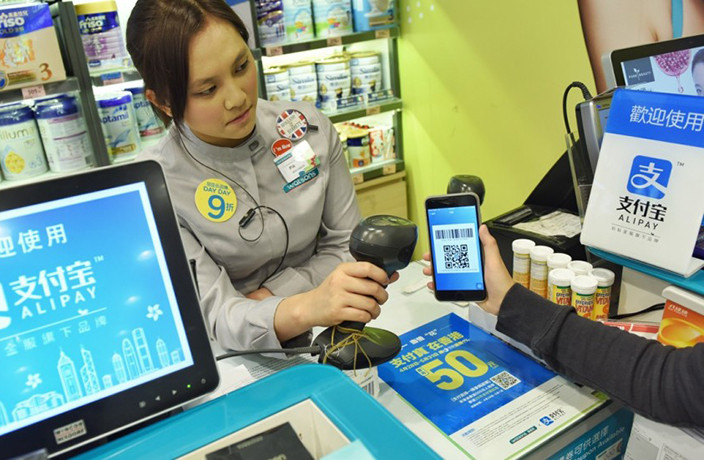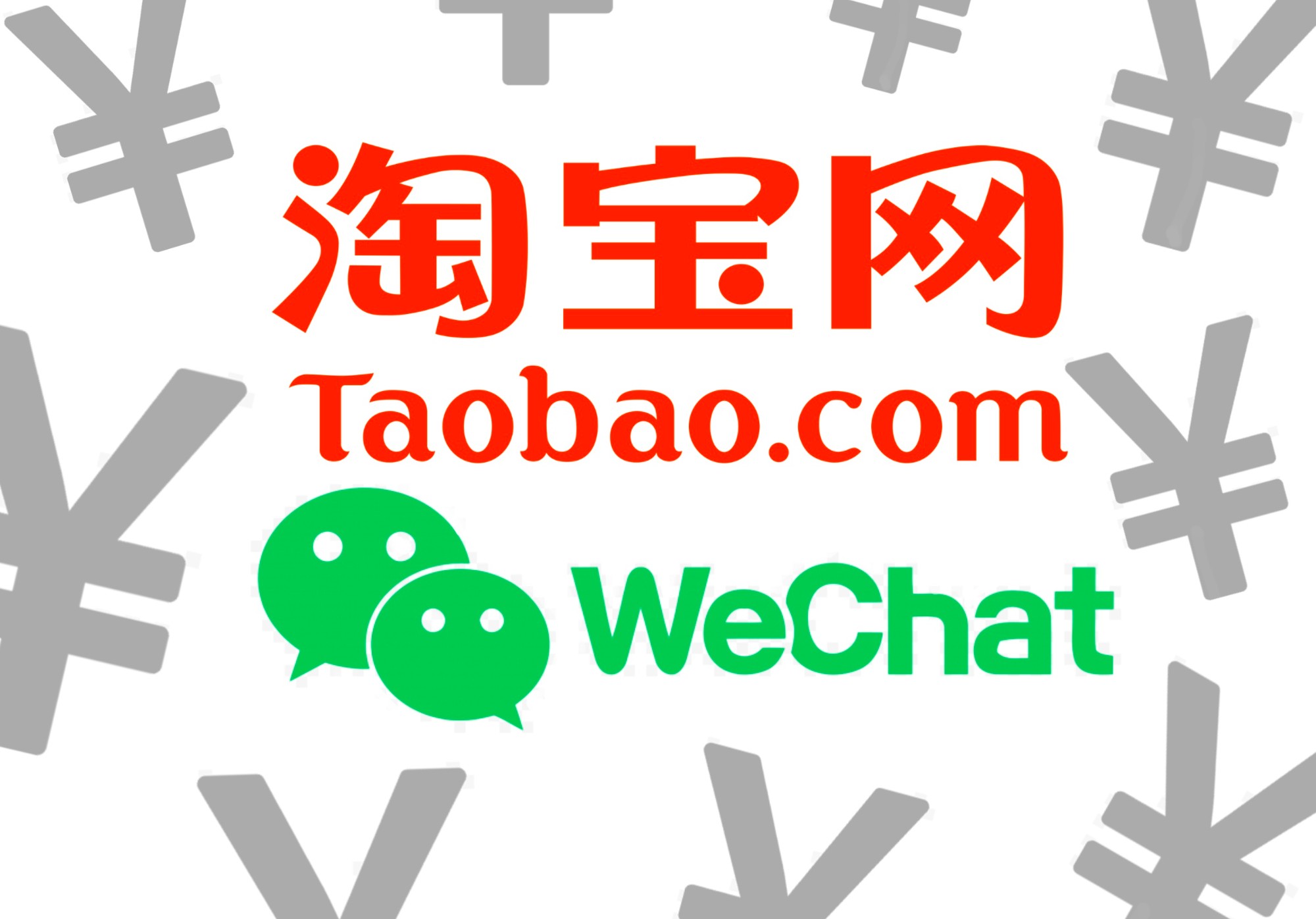A report on the cashless society ranks Beijing as the "smartest" city in China. The report was a combined effort by tech firm Tencent, the Chongyang Institute for Financial Studies at Renmin University and the French market research firm Ipsos, Xinhua reports.
The report identified the "smartest" cities by measuring several different characteristics, including transport, education, shopping and food delivery. It surveyed 324 Chinese cities and over 6,500 residents on their use of mobile payment systems. Payments for a range of different goods and services, including takeaway food, restaurant dining, telecommunications and transport were included in the study.
Overall, Beijing topped the list as the most “cashless” city. The capital was followed by Shenzhen, Guangzhou and Shanghai.
Of those questioned, 52 percent used cash for about 20 percent of their monthly expenditures. Moreover, four in 10 have less than RMB100 (USD15) in cash when heading out. Also, an astonishing 84 percent were "comfortable" living with just their mobile phones for a week and not holding any money.
Xiao Yi, a Beijing office worker, said that he regularly goes a week without using cash as he can pay for breakfast and dinner using his mobile phone. He also travels around the city using a prepaid subway card and shared bikes, which also work by mobile payments. Convenience stores and even vegetable vendors will now take WeChat or Alipay payments, according to South China Morning Post.
The report contributed to WeChat’s week-long celebration of their annual “Cashless Day,” scheduled for August 8. "Cashless Day" strives to encourage a green, contemporary and efficient lifestyle. It symbolizes the coming of a new smart life, according to WeChat. The idea of a cashless society has taken the world by storm and is quickly redefining how money is conceived.
Undoubtedly, the world is progressing towards cashless or electronic payments. Mastercard has calculated that out of the global cash usage, USD8.3 trillion of yearly consumer purchases made in the informal economy. As much as USD1.5 trillion was in illegal purchases, suggesting that high cash usage is linked to corruption and inherent challenges in doing business, according to South China Morning Post.






















0 User Comments